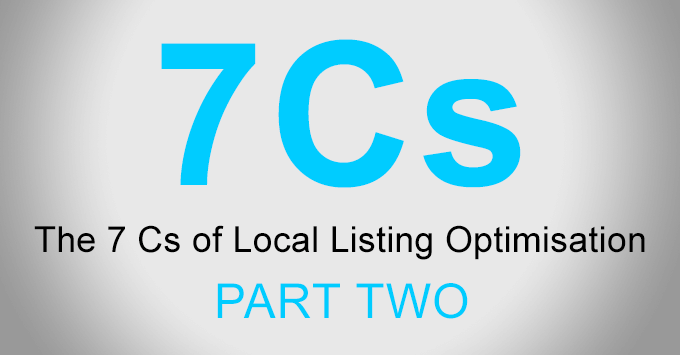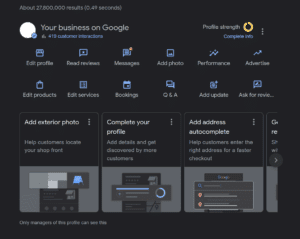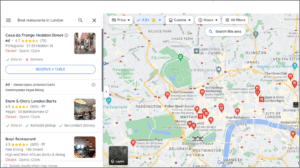The 7 Cs of Local Listing Optimisation is a simple structured approach to claim and manage local listings sites whether it is one location or thousands. It outlines the key components of local search, whilst providing a framework in which to prepare and manage the process.
The 7 Cs of LLO:
1. Consistent NAP
2. Categories
3. Citations
4. Content
5. Coordinate & Control
6. Customer Reviews
7. Continue
You can find more details on 1-4 here. Here we will address Customer Reviews, Coordinating & Control and Continue.
5. Coordinate & Control:
Coordinate with key stake holders.
In companies with a large local presence, it is often the case that the people responsible for local listings are different to the people responsible for branches, the brand, and SEO (for example). The right stake holders need to be identified and involved in the decisions for listing optimisation and for content sign-off. The business case for fixing listings should not be driven by SEO alone. There are brand, customer service and customer satisfaction implications for ensuring the accuracy of NAP data.
Coupled with this, for really big chains, it is not practical or feasible to update everything in one or two months; a roll-out schedule and communication plan is required.
Coordinate with the branches to ensure staff cooperation.
Some listing sites may call, email or even send a letter to the branch to verify or activate NAP changes.
Branch staff need to be aware that the process is under way, why it is being done, what to expect and what to do if they get a call, letter or email. Failing to make branch staff aware can result in listings not being activated, and the old data remaining.
Do:
- Prepare a communication plan to explain to branches what is happening, why, and what they need to do in the event that they receive a call, letter or email.
Don’t:
- Start the process until you have confirmation that relevant branch staff are aware of what to expect.
Control login details.
Lots of sites, lots of logins! Keep everything under control.
Most sites require a login email and password to claim the listing. You need to ensure that you keep these under control in one place.
Losing control of a listing site is not a disaster, it’s just very inconvenient and often frustrating to try to get control back from the listing site. Far better to enforce suitable controls from the outset.
Do:
- Designate an owner in the business for login details.
- Use a common Admin email address for each branch listing.
Don’t:
- Let local branches use their own login details unless they adhere to strict guidelines and follow the same procedures.
6. Customer Reviews
Customer reviews written on local listing sites have a big influence on your local search performance.
Fundamentally, reviews are written by customers that are either happy or unhappy with your service. No amount of SEO activity can fix that! You need to focus on delivering the service that customers are paying for and encourage them to write reviews.
Do:
- Encourage customers to write reviews in Google + Local and the listing sites.
- Provide printed guidelines or prompts to remind customers to write a review, where to go and what to do.
- Get into the habit of asking for reviews (ideally you want a steady stream of reviews rather than a surge and then nothing).
- Monitor the reviews and respond to them; it shows that you care. Reviews can also provide valuable feedback and insights into what customers think about your business.
- Think of reviews as a positive force. You can’t stop people writing about you, so go with it and use them to your advantage.
- Get staff involved in understanding their value and how to encourage customers to write them.
Don’t:
- Ask customers to write reviews in store – or on the same device. Multiple reviews written on the same IP address will be penalised.
- Absolutely do not write your own reviews.
- Pay for, or reward customers to write reviews.
7. Continue
Continue to monitor listings and refresh content periodically.
Occasionally refresh the content with new images and wording. Look for new listing sites to add content. A gradual and sustained approach to claiming and optimising listing sites helps to maintain your profile.
If you must change any aspect of your NAP, make sure this is done across all the listings. Monitor sites for ‘rogue’ listings. For example, new listing sites using old data files.
These simple 7 principles will go a very long way to improving your local search performance.
If that seems like a lot of work, call MiShop.local to help.





